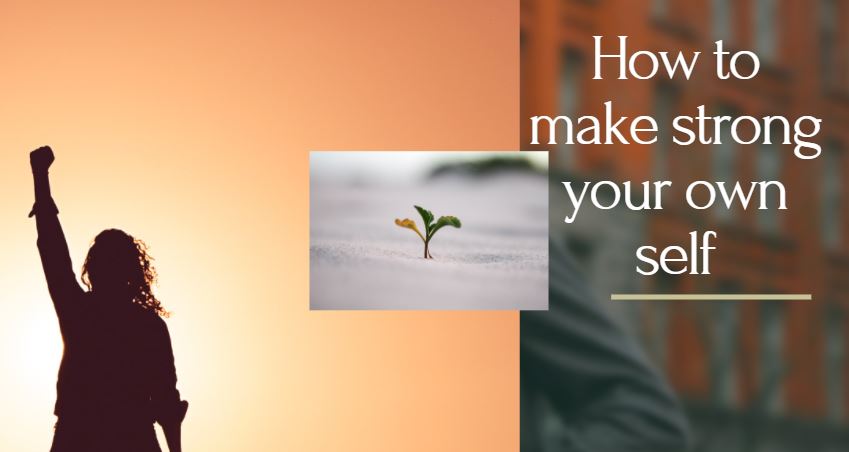Meditation Timer – Find Your Inner Peace
Transform your meditation practice with our beautiful, customizable timer featuring ambient sounds, interval bells, and advanced settings for mindfulness sessions
Your Meditation Timer
⚙️ Advanced Settings
Benefits of Regular Meditation Practice
Meditation has been scientifically proven to provide numerous physical, mental, and emotional benefits. Using a dedicated meditation timer helps establish consistent practice habits and deepens your mindfulness journey.
Mental Clarity
Reduces mental clutter and improves focus, concentration, and cognitive function through regular practice.
Stress Reduction
Lowers cortisol levels, decreases anxiety, and promotes deep relaxation throughout your day.
Emotional Balance
Enhances emotional regulation, increases self-awareness, and cultivates inner peace and contentment.
Better Sleep
Improves sleep quality, helps overcome insomnia, and establishes healthy sleep patterns naturally.
Physical Health
Lowers blood pressure, strengthens immunity, and reduces chronic pain through mind-body connection.
Increased Awareness
Develops mindfulness, enhances present-moment awareness, and deepens spiritual connection.
🔬 Scientific Evidence
Research from leading institutions like Harvard Medical School and Johns Hopkins University has demonstrated that regular meditation practice can physically change brain structure, increasing gray matter in areas associated with learning, memory, and emotional regulation. Studies show that just 8 weeks of consistent practice can lead to measurable improvements in attention span, anxiety reduction, and overall well-being.
⏰ Why Use a Meditation Timer?
A dedicated meditation timer removes the distraction of checking the clock, allowing you to fully immerse in your practice. The interval bells help maintain awareness during longer sessions, while ambient sounds create an optimal environment for deep meditation. Advanced features like progressive timing and customizable end bells help you develop a sustainable, long-term meditation habit.
Essential Meditation Tips for Beginners & Experts
Whether you’re just starting your meditation journey or looking to deepen your existing practice, these evidence-based tips will help you get the most from each session.
🎯 Getting Started with Meditation
- Start Small: Begin with just 5 minutes daily. Consistency matters more than duration. As you become comfortable, gradually increase your session length to 10, 15, or 20 minutes.
- Choose Your Time: Morning meditation sets a positive tone for the day, while evening sessions promote better sleep. Experiment to find what works best for your schedule and energy levels.
- Create a Sacred Space: Designate a quiet, comfortable area for meditation. Use cushions, dim lighting, or candles to create an inviting atmosphere that signals your brain it’s time to relax.
- Find Your Posture: Sit comfortably with your spine straight but not rigid. You can use a chair, cushion, or meditation bench. The key is comfort without slouching, allowing free breath flow.
- Focus on Breath: Your breath is your anchor. Notice the natural rhythm of inhalation and exhalation. When your mind wanders (and it will), gently return attention to your breath without judgment.
🧘 Advanced Meditation Techniques
- Body Scan Meditation: Systematically focus attention on different body parts, from toes to head. This technique releases physical tension and develops body awareness, perfect for stress relief.
- Loving-Kindness (Metta): Cultivate compassion by directing positive intentions toward yourself and others. Start with “May I be happy, may I be healthy” and extend these wishes to loved ones, strangers, and even difficult people.
- Visualization Practice: Create mental images of peaceful scenes or positive outcomes. This powerful technique engages your imagination to promote relaxation and manifest goals.
- Mantra Meditation: Repeat a word, phrase, or sound (like “Om” or “peace”) to focus the mind. The rhythmic repetition creates a calming effect and helps override mental chatter.
- Walking Meditation: Bring mindfulness to slow, deliberate walking. Focus on the sensation of each step, the movement of your body, and your connection to the ground beneath you.
💡 Optimizing Your Practice
- Set Clear Intentions: Before each session, take a moment to set an intention. This could be cultivating peace, releasing stress, or developing patience. Intentions guide and deepen your practice.
- Use Interval Bells Wisely: For longer sessions (15+ minutes), interval bells help maintain awareness without breaking concentration. They serve as gentle reminders to check your posture and breath.
- Track Your Progress: Keep a meditation journal noting duration, techniques used, and how you felt afterward. This helps identify patterns and motivates continued practice.
- Be Patient with Yourself: Meditation is a skill that develops over time. Don’t judge yourself for “not doing it right” or having a busy mind. Every session contributes to your growth, regardless of how it feels.
- Join a Community: Consider finding local meditation groups or online communities. Shared practice provides support, accountability, and opportunities to learn from experienced practitioners.
🌈 Common Obstacles & Solutions
- Restless Mind: Instead of fighting thoughts, acknowledge them without engagement and return to your anchor (breath, mantra, or body sensations). Think of thoughts as clouds passing through the sky.
- Physical Discomfort: Adjust your position as needed. Meditation shouldn’t be painful. Use props like cushions, blankets, or back support to maintain comfort during longer sessions.
- Falling Asleep: If drowsiness is an issue, try meditating with eyes slightly open, sitting upright, or choosing a time when you’re naturally more alert. Some sleepiness is normal during deep relaxation.
- Lack of Time: Even 2-3 minutes counts. Use this timer to fit meditation into busy days—during lunch breaks, before bed, or while waiting. Micro-sessions still provide benefits.
- Inconsistency: Link meditation to an existing habit (after coffee, before bed). Set reminders on your phone. Missing a day is okay—just return to practice without self-criticism.


